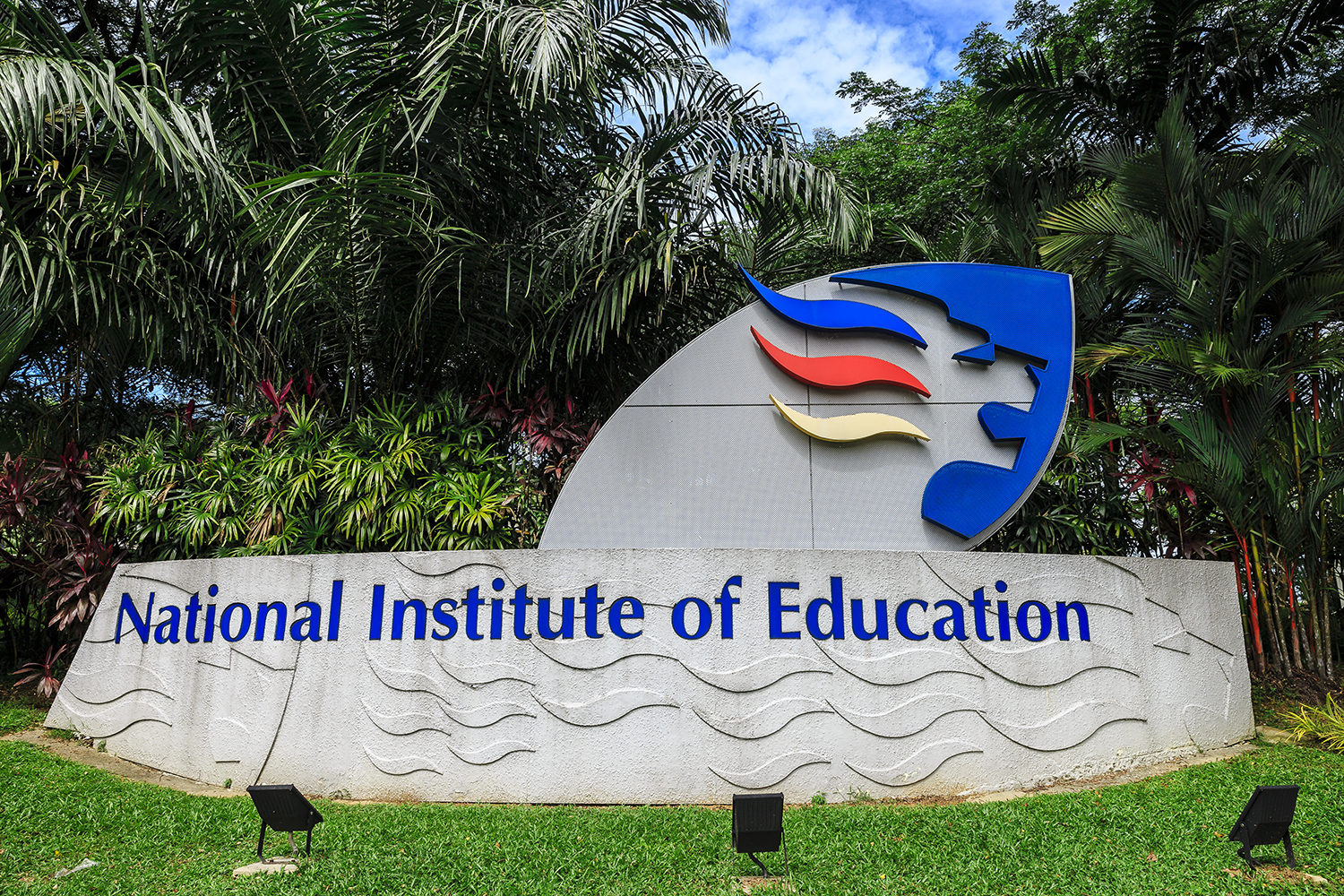Unlock Excellence And Bridge Borders Through The Mastery Of Tamil Education In Singapore
 In the vibrant tapestry of Singapore’s multicultural society, the Indian community has enriched the nation with its rich traditions, one of which is the Tamil language and its highly-spirited literary heritage. In this era of global connectivity, preserving and promoting the Tamil language and culture is far more crucial than ever, not only for the Tamil diaspora but also for the broader Indian community and beyond. Standing at the forefront of this commitment, the Tamil Language and Culture Division of the Asian Languages and Cultures (ALC) Academic Group at the National Institute of Education, Nanyang Technological University, Singapore (NIE NTU, Singapore) offers a Master of Education (Tamil Language) (MEd TL) programme that not only exemplifies teaching excellence but also fuels cutting-edge research in the areas of Tamil language, literature and culture, with relevance that extends to the Indian market.
In the vibrant tapestry of Singapore’s multicultural society, the Indian community has enriched the nation with its rich traditions, one of which is the Tamil language and its highly-spirited literary heritage. In this era of global connectivity, preserving and promoting the Tamil language and culture is far more crucial than ever, not only for the Tamil diaspora but also for the broader Indian community and beyond. Standing at the forefront of this commitment, the Tamil Language and Culture Division of the Asian Languages and Cultures (ALC) Academic Group at the National Institute of Education, Nanyang Technological University, Singapore (NIE NTU, Singapore) offers a Master of Education (Tamil Language) (MEd TL) programme that not only exemplifies teaching excellence but also fuels cutting-edge research in the areas of Tamil language, literature and culture, with relevance that extends to the Indian market.
A Holistic Curriculum
Master of Education (Tamil Language) delves deep into the multifaceted world of Tamil language, literature, and culture education, addressing challenges and opportunities that resonate not only in Singapore but also across India. From understanding the intricacies of curriculum development to exploring the nuances of bilingualism in Singapore’s Tamil community, the MEd (TL) programme equips students with the knowledge and skills necessary to foster the development of the next generation of Tamil-speaking global citizens. With India’s diverse linguistic landscape, the insights gained from MEd (TL) find resonance in the promotion of the Tamil language and culture.
 Signature Pedagogies
Signature Pedagogies
At the heart of the MEd (TL) programme lies a unique pedagogical approach that sharpens critical thinking and in-depth analysis, skills that are highly transferable to the Indian education landscape. Through literature-based research proposals and a structured evaluation process, students develop a profound understanding of research methodologies, enhancing their ability to contribute meaningfully to the field of Tamil education. The use of flipped classrooms, supported by video-recorded materials, ensures that students engage actively with the content, making learning a dynamic and interactive experience, relevant for any educators seeking innovative teaching methods.
Research Opportunities
NIE’s commitment to research extends beyond the classroom. Students are encouraged to undertake research projects with Institutional Review Board (IRB) approval, allowing them to conduct evidence-based mini studies. These research skills are invaluable, especially in India’s diverse educational landscape, where empirical studies can drive policy decisions and educational reforms.
Expertise and Experience
NIE’s dedicated team of educators and researchers brings a wealth of expertise and experience to the MEd (TL) programme, including insights that can benefit educators and scholars in India. Associate Professor Seetha Lakshmi’s extensive experience in Tamil curriculum, language, and literature has global relevance, while Dr Dharmaraj Sundararaj’s expertise in language, grammar, and literature enriches the programme with insights applicable to Tamil language and literature. Dr Raman Vimalan’s school-based experiences, too, offer insights into syntax, semantics and assessment for educators facing similar challenges in India.
Furthermore, NIE’s part-time faculty members share their experiences and knowledge with the course participants that are transferable across borders. Dr Tamilarasi Subramaniam, Dr A Ra Sivakumaran, and Dr K Shanmugam, just to name a few, provide a wealth of knowledge with their focus on Singapore Tamil literature, education, and pedagogy, which can be adapted to the Indian context.
Transformative Impact
In summary, NIE’s Master of Education (Tamil Language) programme stands as a testament to its commitment to Tamil education, with relevance that extends beyond Singapore’s borders. Many of the graduates from this programme have gone on to become influential educators and advocates for the Tamil language and culture, not only in Singapore but also in India and other parts of the world. Beyond their professional success, MEd (TL) students gained a deeper appreciation for the Tamil language, literature and culture, enriching their personal lives and contributing to the preservation of this rich heritage.
Enrol in NIE’s Master of Education (Tamil Language) to develop your subject mastery in Tamil education today. Application for August 2024 intake is open from 6 November 2023 to 12 January 2024. If you are interested in expanding your knowledge through research instead, the application for Master by Research and Doctor of Philosophy is open from 2 October 2023 to 31 January 2023. For more information, visit www.nie.edu.sg/aug2024
The National Institute of Education (NIE) is an autonomous institute under the Nanyang Technological University (NTU), Singapore. It has been consistently ranked among the world’s top 20 and Asia’s top 3 education institutions, based on Quacquarelli Symonds (QS) ranking by subjects.

